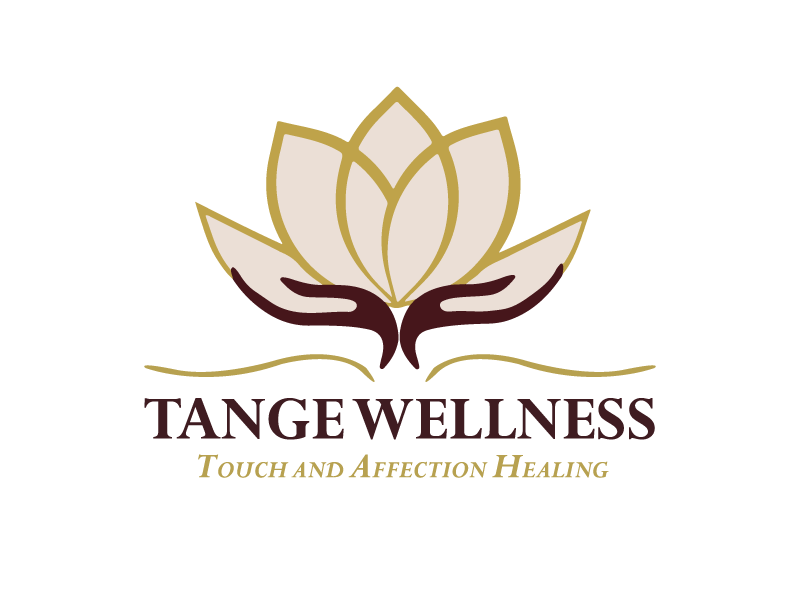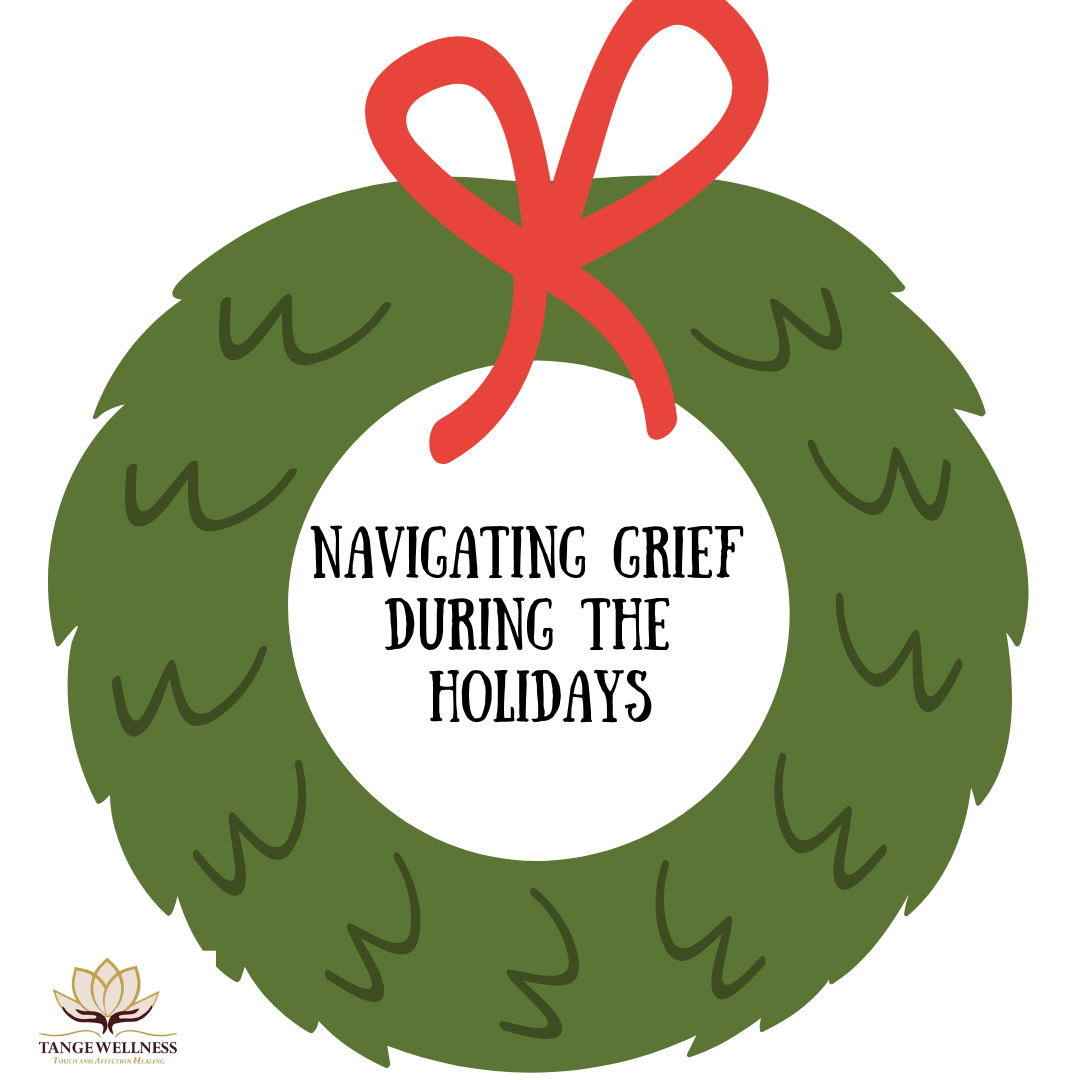Why Does Touch Have to Equal Sex?
Let’s talk about something that comes up a lot in my work: the idea that touch, especially cuddling, must have some kind of romantic or sexual connection behind it. I can’t count the number of times clients have told me, “I’d need to be attracted to my cuddle therapist to cuddle with them.” Or the times people have asked, “Isn’t it weird to cuddle with someone you’re not romantically involved with?”
Honestly, it can get frustrating. Why does touch, in our society, always seem to equal sex? Why is it so hard to separate physical affection from romantic or sexual attraction? It feels like I’m constantly re-educating people, but at the same time, I get it. This misconception runs deep in our culture.
A big part of the problem is how we’ve been conditioned. From movies to TV shows to the way we talk about relationships, physical touch between adults is almost always framed as a precursor to sex. If two people hug for more than five seconds, we’re asking, “So, are they dating?” And if touch happens between people who aren’t romantically involved, we tend to view it as weird or inappropriate.
It doesn’t help that many of us didn’t grow up with examples of platonic, nurturing touch. Maybe your family wasn’t very touchy. Maybe the only time you saw adults holding hands or hugging was when they were romantically involved. Without those examples, it’s no wonder people jump straight to the idea that touch equals attraction.
Let’s add in personal experiences. For people who’ve only encountered touch in romantic or sexual contexts, it can be hard to imagine it any other way. And if someone’s past experiences with touch were unhealthy or traumatic, that association can feel even stronger.
But here’s the truth: touch doesn’t have to mean anything more than connection. Humans are hardwired for touch. It’s literally in our DNA, passed down from early primates who relied on grooming and physical closeness to build trust and survive as a group. Touch was never just about reproduction. It was about safety, bonding, and belonging.
Modern science backs this up. Non-sexual touch releases oxytocin, the hormone that makes us feel calm, safe, and connected. It lowers stress and helps regulate our nervous systems. These aren’t romantic or sexual reactions; they’re human reactions. Touch is as basic a need as food, water, and shelter.
One of my clients, a cisgender heterosexual man, once told me during his first session that he chose me partly because of my certifications in mental health and trauma-informed care, but also because he found me attractive. At the time, I understood where he was coming from. Our society often ties touch to attraction, and he thought that mattered in this space.
But after about a year of working together, something shifted. He told me, “I’ve realized that attractiveness or sexuality doesn’t matter here. The benefits are the same.” That realization was a breakthrough for him. He no longer saw touch as something tied to attraction but as something that made him feel seen, heard, acknowledged, and like he truly belonged.
What stood out most about his journey was his comfort in broadening his connections. He shared that he now feels just as comfortable cuddling with another man as he does with me. It wasn’t about gender or attraction anymore. It was about the connection, the personality, and the shared understanding that touch can simply be nurturing and human.
It’s true that personality type plays a role. There needs to be some level of connection between two people, whether it’s through shared experiences or a natural understanding of each other. But physical appearance or attraction? Those become irrelevant when you realize how powerful platonic touch can be.
So, how do we get people to stop thinking touch equals sex? First, we need to start having more conversations like this. We need to normalize platonic touch, show examples of it, talk about it, and stop treating it like it’s taboo.
Second, we need to educate people about what healthy touch looks like. This starts early. As kids, many of us were taught to ignore our boundaries, say yes to hugs when we didn’t want them, or get punished for saying no. That conditioning sticks. As adults, we need to unlearn it and relearn what safe, consensual touch feels like.
Finally, we need to give people spaces to explore touch without judgment. Whether it’s through a cuddle session, a group event, or even just hugging a friend, these experiences help break the cycle. They teach us that touch is about connection, not attraction.
At the end of the day, I believe everyone deserves to feel the power of nurturing, platonic touch. It’s not about romance, and it’s certainly not about sex. It’s about feeling human. Feeling whole. Feeling connected.
So, if you’ve ever felt weird about the idea of cuddling someone you’re not romantically attracted to, I get it. But maybe take a moment to ask yourself: what would it feel like to experience touch that’s purely about connection? You might be surprised at how freeing it can be.
And if you’ve experienced this shift in mindset, or if this blog resonates with you, I’d love to hear your thoughts. Let’s keep the conversation going.




